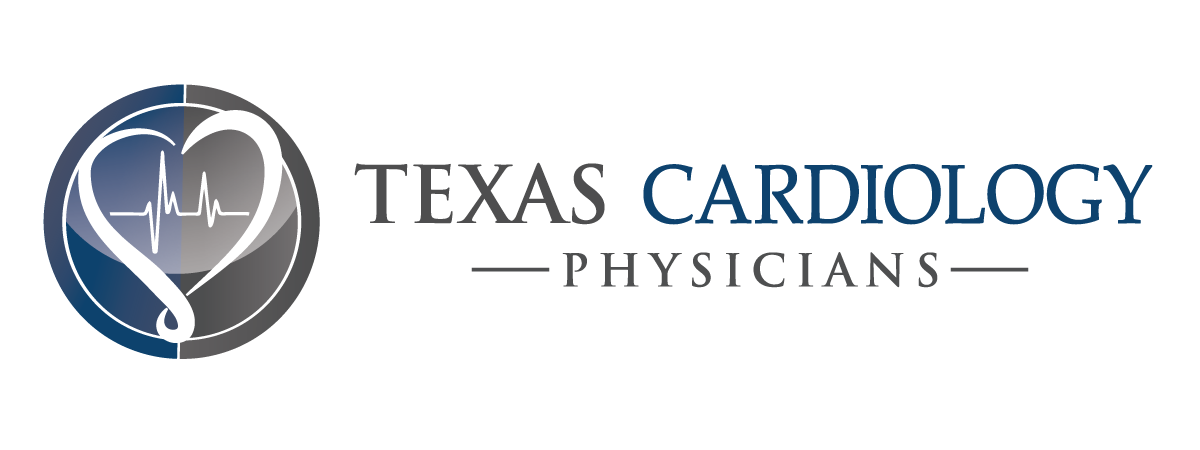
Cardiac Emergencies 101: Knowing When to Seek Immediate Medical Attention
Cardiac emergencies can be life-threatening situations that require prompt medical intervention. Recognizing the signs and symptoms of a cardiac emergency and knowing when to seek immediate medical attention can make a crucial difference in saving lives. In this blog post, we will discuss the basics of cardiac emergencies and provide important guidelines on when to take swift action.
- Chest Pain or Discomfort:
Chest pain or discomfort is a common symptom of a cardiac emergency. If you experience intense, crushing, or squeezing chest pain that lasts for more than a few minutes, seek immediate medical attention. The pain may radiate to the arms, neck, jaw, back, or stomach.
- Shortness of Breath:
Unexplained and sudden shortness of breath can be a warning sign of a cardiac emergency. If you find it difficult to breathe or experience a sudden onset of breathlessness, especially accompanied by chest pain, dizziness, or excessive sweating, call for emergency medical assistance.
- Rapid or Irregular Heartbeat:
A rapid or irregular heartbeat, also known as palpitations, can indicate a cardiac emergency. If you feel your heart racing, pounding, or fluttering, especially if it’s accompanied by chest discomfort, lightheadedness, or fainting, seek immediate medical attention.
- Profuse Sweating:
Sudden and excessive sweating, often described as cold sweats, can be a sign of a heart-related emergency. If you’re sweating profusely and experiencing other symptoms such as chest pain, shortness of breath, or dizziness, do not ignore it—seek medical help immediately.
- Unexplained Fatigue or Weakness:
Extreme and unexplained fatigue or weakness, especially if it occurs suddenly or during physical activity, should not be ignored. If you feel an overwhelming sense of tiredness, accompanied by other cardiac emergency symptoms, it’s crucial to call emergency services right away.
- Fainting or Loss of Consciousness:
Fainting or a sudden loss of consciousness requires immediate attention, as it may indicate a lack of blood flow to the brain. If someone experiences a sudden loss of consciousness, call for emergency medical assistance and perform CPR, if necessary, until help arrives.
- Other Symptoms:
In addition to the above signs, other symptoms that may suggest a cardiac emergency include nausea or vomiting, pain or discomfort in the upper body, lightheadedness or dizziness, and a pale or ashen complexion. Any combination of these symptoms should be taken seriously.
Recognizing the signs and symptoms of a cardiac emergency and knowing when to seek immediate medical attention is crucial for saving lives. If you or someone around you experiences intense chest pain, shortness of breath, rapid or irregular heartbeat, profuse sweating, unexplained fatigue, fainting, or any other concerning symptoms, do not hesitate to call emergency services. Acting quickly can significantly improve the chances of successful intervention and treatment during a cardiac emergency.



